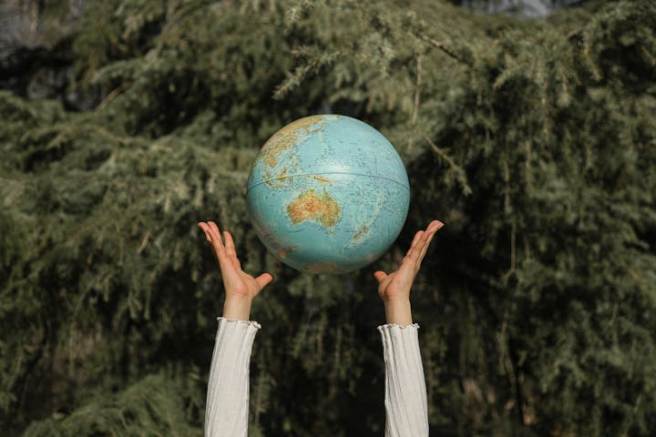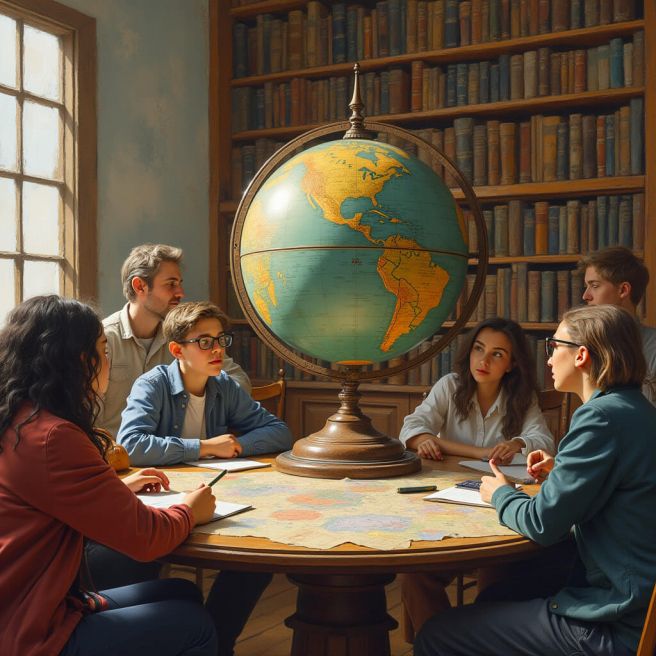Why the ongoing COVID-19 global pandemic is worrying researchers

The COVID-19 pandemic is sweeping through the world and has forced people to change their lifestyles. Social distancing and lockdowns have become an everyday reality; life as we know it has come to a grinding halt.
In an attempt to stop the transmission of infections, academia has taken several tough steps – many universities have suspended lectures, conferences have been cancelled, labs have shut down, travel restrictions have been imposed, and a majority of students, faculty, and researchers have been confined to their homes. While these measures are crucial in ensuring the safety of people and curbing the possibilities of further transmission, has COVID-19 set in motion events that could have a long-lasting, unprecedented impact on the research landscape?
With research projects put on pause, researchers and postdoc fellows are uncertain of the future; it is too soon to estimate when life will go back to its usual rhythm. Field researchers, especially, are experiencing a hard time continuing with their work. “You can’t Skype meetings with corals,” said Emily Darling, a scientist with the Wildlife Conservation Society, who studies coral reefs. Her team had to abandon their field work owing to the ongoing pandemic. She lamented that her team will “miss out on important observations.” Since field researchers cannot work from home, their expeditions to gather data around natural events or seasonal changes now remain suspended indefinitely.
In several universities, labs have either completely shut down or are carrying out research in limited capacity. Harvard University has permitted their labs to continue functioning only to maintain live animals, expensive lab equipment, and cell lines. Some other labs are dealing with a major shift in priorities as researchers are expected to work on developing vaccines, drugs, and testing kits to combat the COVID-19 pandemic. Evolutionary biologist Hopi Hoekstra says she may have to reduce the colony of wild mice her team has collected, and worries that she may be losing some of the unique strains. Researchers are concerned, therefore, about the continuity of their projects.
Universities are worried about the costs they could incur to restart their labs and the possibility of repeating research work. There is widespread apprehension that “grantees may not be able to carry out the research promised under the terms of their awards.” Toby Smith, Vice President for policy at the Association of American Universities, notes that: “The longer the crisis lasts, the larger the impact on the overall scientific workforce, from doctoral students who can’t finish their dissertations to scientists at core user facilities that no longer have customers to pay the bills.” Therefore, U.S. university leaders have urged the White House Office of Management and Budget to reconsider the rules around research grants so that universities can cope with the unexpected delays and disruptions in planned research projects.
Perhaps one of the top concerns of academics is the impact of the pandemic on the investment in science and research over the next few years. The outbreak is exerting an extraordinary impact on the economy world over. Moreover, federal budgeting is likely to get strained due to this health crisis. European Commission president Ursula von der Leyen expressed concern that the budget for Horizon Europe, the European Union’s research framework programme, could get affected as member states may be cash strapped.
Though the pandemic has caused a major disruption in the research activities, a silver lining is that it has reminded everyone about “the core contributions of science to medicine and health,” says Caroline Wagner affiliated with the Ohio State University. She believes the crisis will underscore the importance of investing in science and research. It could also urge governments to increase funding for medical and health sciences.
Karen Daniels, a physicist at North Carolina State University in Raleigh highlights the brighter side of the changes the current crisis has brought. Several conferences are being hosted on online platforms owing to travel bans and social distancing measures. After organizing an online conference session successfully, she feels virtual conferences offer a fair chance for all attendees to participate – even those with kids, who do not receive travel grants, or who suffer from disabilities. “This may be the thing that convinces us to give virtual meetings a try,” Karen adds.
What about you? How has COVID-19 affected your life as a researcher/an academic?
References:






